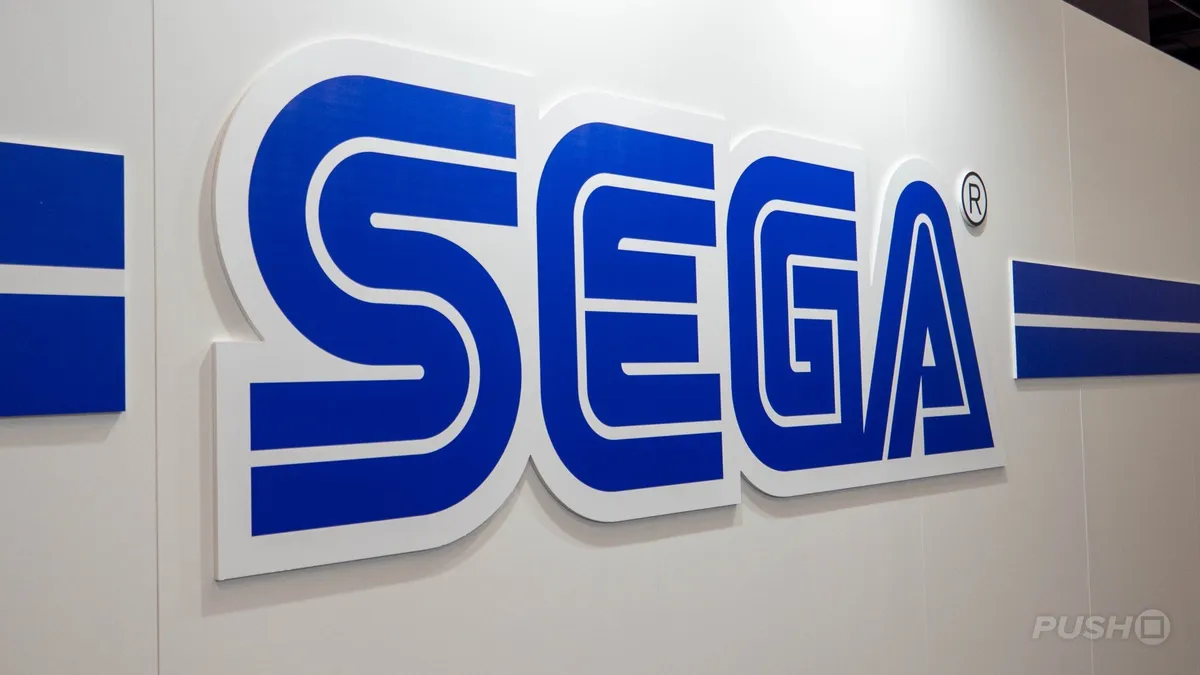
In recent discussions surrounding video game sales, questions have arisen regarding the accuracy and context of reported figures. For instance, the Like a Dragon franchise, which has reportedly surpassed 20 million copies sold, raises inquiries about whether these numbers are console-specific, region-specific, or even store-specific. It's crucial to dissect these figures to understand the broader implications for the gaming industry.
While the Like a Dragon franchise boasts impressive sales numbers, it's essential to clarify whether the Yakuza series is included in this total. The distinction is significant because the Yakuza series has its own unique identity and sales trajectory. Additionally, when comparing the sales performance of different franchises, one must consider the financial aspects behind the games. For instance, Final Fantasy 16 was developed with a substantially larger budget than both Metaphor and Persona, which complicates direct sales comparisons.
It's important to recognize that while two million units sold for a mid-budget game is commendable, the expectation for a big-budget title like Final Fantasy 16 is considerably higher. Thus, while both sales figures can be deemed successful in their own right, the context of their respective budgets and the market competition must be taken into account. This nuanced understanding of sales performance is critical for stakeholders in the gaming industry.
Recent sales data indicates that Like a Dragon: Infinite Wealth is outperforming its predecessor, Yakuza: Like a Dragon, suggesting a positive trend for the franchise. However, concerns arise regarding the overall growth of both RGG and Atlus, as they seem to be experiencing stagnation despite their multi-platform strategies and releases on previous generation consoles. This raises questions about the effectiveness of their marketing and distribution strategies in a competitive landscape.
Another interesting element to consider is the potential influence of services like Game Pass on the sales of titles such as Persona 3 Remake and Yakuza games. If the reported sales figures are accurate, they could provide valuable insights into the current state of the gaming industry and highlight the success of companies like Square Enix and Capcom in comparison.
Moreover, the sales performance of Dragon Quest—especially in comparison to older titles like DQ3—demonstrates the enduring popularity of the franchise, reminiscent of classic NES games. Additionally, the lack of significant traction for games like Metaphor and Like a Dragon within the YouTube community suggests that these titles may not have the mainstream appeal that some media outlets have suggested.
In conclusion, while franchises like Like a Dragon and Atlus have their dedicated fan bases, the data suggests they may not resonate as broadly with the average consumer as previously thought. As an average gamer, I find enjoyment in the Like a Dragon games but tend to wait for subscription availability—an insight that speaks volumes about the evolving consumer behavior in the gaming market. This ongoing analysis of sales data and consumer trends is crucial for understanding the future trajectory of these franchises and the industry at large.